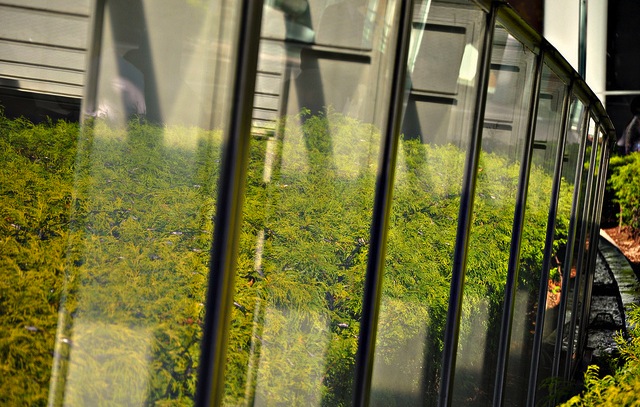
By Erica Jordan
The vast number of high-rise buildings constructed of concrete and glass make Tokyo one of the least likely places that you’d expect to find fresh produce. That was, until a recent movement integrating farm space and urban hydroponics with other aspects of this expansive concrete jungle was put into motion.
Turning small plots between buildings into a usable farm space is only the beginning. From rooftop community gardens, to floors specifically designed to incorporate farming into an otherwise typical office space, to other spaces within high-rises filled with racks of perfectly lined leaf vegetables, companies in Tokyo are participating in this farming revolution.

This is a relief, particularly to the mothers of infants who are concerned about the safety of foods grown in Japan after the nuclear disaster of March 2011. In addition to being organic, urban farms allow citizens to eat local vegetables. The Ecozzeria Association takes this aspect one step further and plants vegetables that were known crops in Edo, what is now known as Tokyo. These local vegetables grown in small plots around office buildings allow customers to enjoy seasonal dishes created from traditional ingredients in Marunouchi, one of Tokyo’s largest financial districts and an area where the heart of Edo once stood.

There is also vegetation that grows from and adorns the ceilings, hallways and employee break areas, which serves the dual purpose of decreasing stress levels and feeding employees who eat in the building’s cafeteria and café.
The flowers and other non-edible plants also serve a unique purpose. Planting deciduous varieties around windows leads to a natural shade during the bright and hot spring and summer days while allowing for substantial light to shine through the windows during the fall and winter. There are also two plant factories in this building, which are filled with rows of racks, each neatly lined with vegetation.

With major companies such as PASONA and Mitsubushi creatively leading the way, urban farming technology is sure to advance and become more widespread in the near future. Urban farming could be the answer to the heavy dependence that Japan, and Tokyo in particular, have on imports, allowing the citizens of Tokyo to enjoy local and organic produce. However, with the plant factories being completely indoors, there is always the question of negative effects associated with the lack of contact with insects or other organisms naturally found in the micro-ecosystems of farms in the countryside.
Erica Jordan obtained a degree in biology and worked in the pharmaceutical industry before getting addicted to travel. She has since traveled extensively while teaching English in Japan, written a grammar textbook and sailed around the world as an interpreter and translator. Some of her interests include sustainability, modern art and hunting down cozy cafes. You can read about her adventures on Kizzling Around or connect with her on twitter @Kizzling Around.
Featured photo by: || UggBoy♥UggGirl || PHOTO || WORLD || TRAVEL ||
